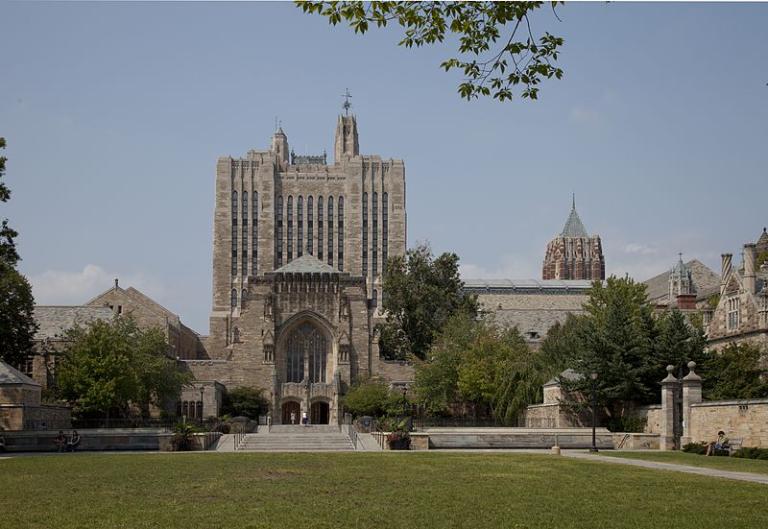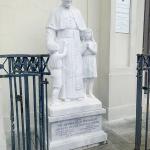
There’s much in the thought of the British Marxist literary critic Terry Eagleton that I cannot accept. His reflexive anti-Americanism, for example, and his commitment to socialism. And those aspects of his thinking are on display in the 2008 Terry Lectures that he delivered at Yale University, and that he has published as Reason, Faith, and Revolution: Reflections on the God Debate (New Haven and London: Yale University Press, 2009). But he’s a very provocative thinker in the good sense, too. Here are some further passages from him:
The implicit certainties or taken-for-granted truths which underpin all our more formal reasoning are as obvious in the case of science as anywhere else. Among the assumptions that science takes for granted, for example, is the postulate that only “natural” explanations are to be ruled in. This may well be a wise supposition. It certainly rules out a lot of egregious nonsense. But it is indeed a postulate, not the upshot of a demonstrable truth. If a scientist suddenly caught sight of the red-rimmed eye of Lucifer squinting balefully up at her through the microscope, or at least caught sight of it a sufficient number of times under rigorously controlled conditions, she would be bound by the conventional wisdom of science to abandon this working assumption, or to conclude that Lucifer is a natural phenomenon.
Science, then, trades on certain articles of faith like any other form of knowledge. (131)
[S]cience, like any other human affair, is . . . shot through with prejudices and partisanship, not to speak of ungrounded assumptions, unconscious biases, taken-for-granted truths, and beliefs too close to the eyeball to be objectified. Like religion, science is a culture, not just a set of procedures and hypotheses. Richard Dawkins declares that science is free of the main vice of religion, which is faith; but as Charles Taylor points out, “to hold that there are no assumptions in a scientist’s work which aren’t already based on evidence is surely a reflection of a blind faith, one that can’t even feel the occasional tremor of doubt.” If the Virgin Mary were to put in an appearance at this very moment in the skies over New Haven, clutching the baby Jesus with one hand and nonchalantly distributing banknotes with the other, it would be more than the reputation of anyone laboring away in the Yale laboratories was worth to poke his or her head even fractionally out of the window. (132)
Science has its high priests, sacred cows, revered scriptures, ideological exclusions, and rituals for suppressing dissent. To this extent, it is ridiculous to see it as the polar opposite of religion. (133)
[M]ost of us are aware that, like almost any interesting human pursuit from staging a play to running the economy, science is a lot more dicey, precarious, anomalous, and serendipitous than its publicity agents would have us believe, and that many of its practitioners will go to quite extraordinary lengths to preserve a tried and trusted hypothesis. (133)
None of these reservations about science should be taken as discrediting that loving, passionate, selfless, faithful, exhausting, profoundly ethical labor known as trying to get it right. (134)
















